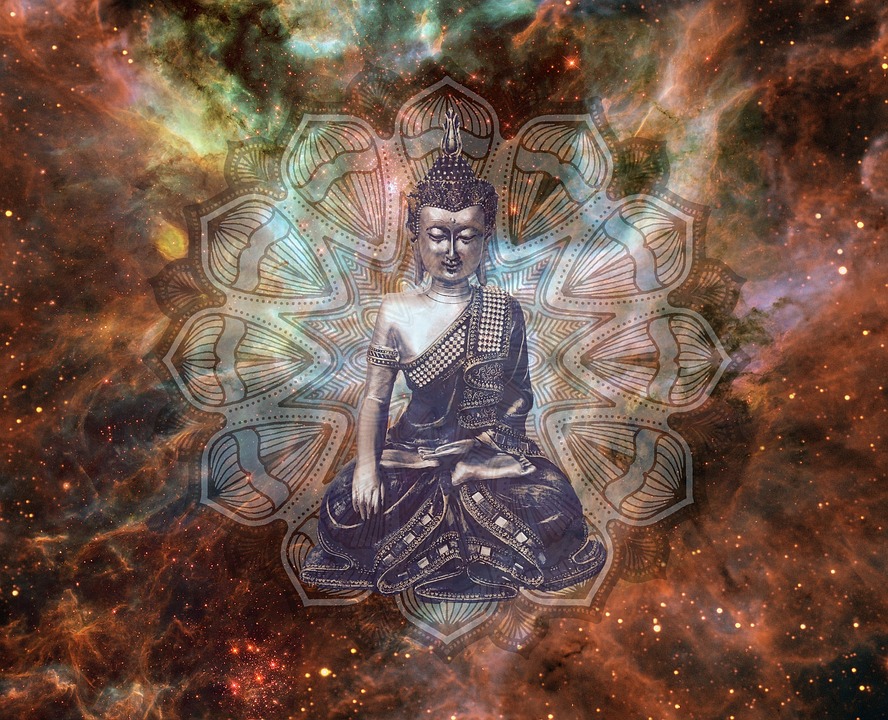“Be kind to all creatures, this is the true religion.”
–Buddha
Welcome back to our ongoing series! Today, we will have a look at the laws of a religion that Siddhartha Gautama founded in the late 6th century.
Buddhism Laws
Over time, Buddhism, the non-theistic religion, has attracted approximately 7% of the world’s population. Despite the fact that this religion does not acknowledge the existence of a supreme God, it includes a set of 227 rules that govern the monks’ daily lives and 311 for nuns.
Patimokkha
The Patimokkha can be defined as the basic Buddhist monastic code which consists of some rules and regulations that are to be followed by the Buddhist monks and nuns.

Parajika
There are usually four parajikas that emphasize the expulsion of a monk or nun from the Buddhist community. There are specific rules that are imposed on the bhikkhus, the Buddhist monks and if these rules are broken, it is believed that they have been defeated in their spiritual lives and cannot become monks again. These specific rules are listed below:
- One cannot engage in sexual intercourse.
- Stealing is strictly prohibited.
- Intentionally leading a person to his or her death – whether it is by killing him or her directly, arranging someone else to kill or encouraging someone to die.
- According to Buddhism, arhat is a concept where one has finally reached the path of perfection and enlightenment, while jhana is another Buddhist concept where a person can withdraw from the external world and enter in a deep spiritual awareness state. As one of the four rules of the parajika, it is prohibited for any monk to lie and say that he has been able to attain the arhat or jhana when he has not.
Sanghadisesa
The thirteen sanghadisesas refer to more rules and regulations that should be followed by all monks and any transgressions require a subsequent meeting of the Buddhist community. The rules are described below:
- Intentional discharge of semen, with the exception of dreams.
- It is against the Buddhist monastic code for a monk to have any lustful bodily contact with any woman, such as holding her hand, touching her hair, caressing her limbs or kissing her.
- Making lewd remarks to any woman alluding to her genitals or sexual intercourse is forbidden.
- “Sister, if you give your body or yourself to me, a virtuous and fine-natured follower of life, you will be blessed with a unique spiritual calling.” Hence, requesting sexual favours from women by telling them that they would be blessed spiritually if they engage in sexual intercourse with a monk is strictly forbidden.
- A monk does not have any right to arrange a date or marriage between a man and a woman.
- A monk does not have the right to build a hut without the consent of the Buddhist association. And even with the sangha’s permission, there are specific standards that are required to build a hut. For example, a hut should be constructed based on the suguta span and the site where it is built should have no disturbances.
- Compared to ordinary people who get their houses built by construction workers, a monk cannot allow someone else to make his hut without the community’s permission.
- If a monk makes false allegations against another monk with the evil intentions of having him disrobed, the latter would be subjected to punishment by the sangha.
- Making mendacious worded charges on another monk with the intentions of having him disrobed can result in very severe punishments.
- Monks can be severely punished if they try to create division in a united Buddhist community.
- The sangha will also punish those who fully support agitators.
- If a monk refuses to accept the community’s reprimands, he will be judged and given appropriate punishment.
- It is forbidden for a monk who has been punished or banished to criticise the community’s judgment and decision.
Aniyata
The aniyata consists of the following two rules:
- A monk cannot sit alone with a woman in an area that is secluded enough to sexual intercourse.
- A monk cannot sit along with a woman in private are and make lustful remarks.
Nissaggiya Pacittiya
It refers to rules that concern the possession of forbidden items or items that were obtained in disallowable ways.
Many people are interested and fascinated by the concept of enlightenment in Buddhism. But what about its religious laws? Please share your comments and tell us what you think about the Buddhist laws!

